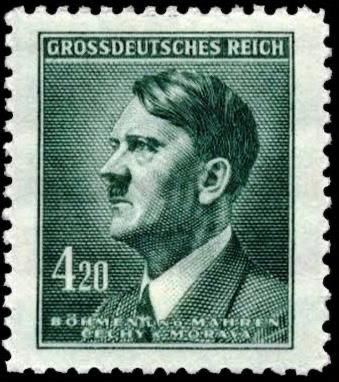Harakh Chand Nahata, born on 18 July 1936, was a prominent Indian businessman and social leader.
Harakh Chand Nahata is a well-known Indian industrialist and philanthropist. He hails from Rajasthan, India, and is the founder of the Nahata group of companies.
The Nahata group is involved in various businesses, including textiles, telecommunications, and real estate. One of the significant companies under the group is Himachal Futuristic Communications Ltd. (HFCL), which has played a crucial role in India's telecommunications and information technology sectors.
Harakh Chand Nahata is recognized for his entrepreneurial acumen and his contributions to the growth of the Indian industry. He has been actively involved in promoting industrial development, especially in the state of Rajasthan.
Additionally, Harakh Chand Nahata has shown a strong commitment to social causes and philanthropy. He has supported various educational, healthcare, and community welfare initiatives in different parts of India.
To mark the 25th anniversary of his passing, a ₹25 commemorative coin was issued on 2 February 2025, celebrating his enduring legacy in business, philanthropy, and social reform.







